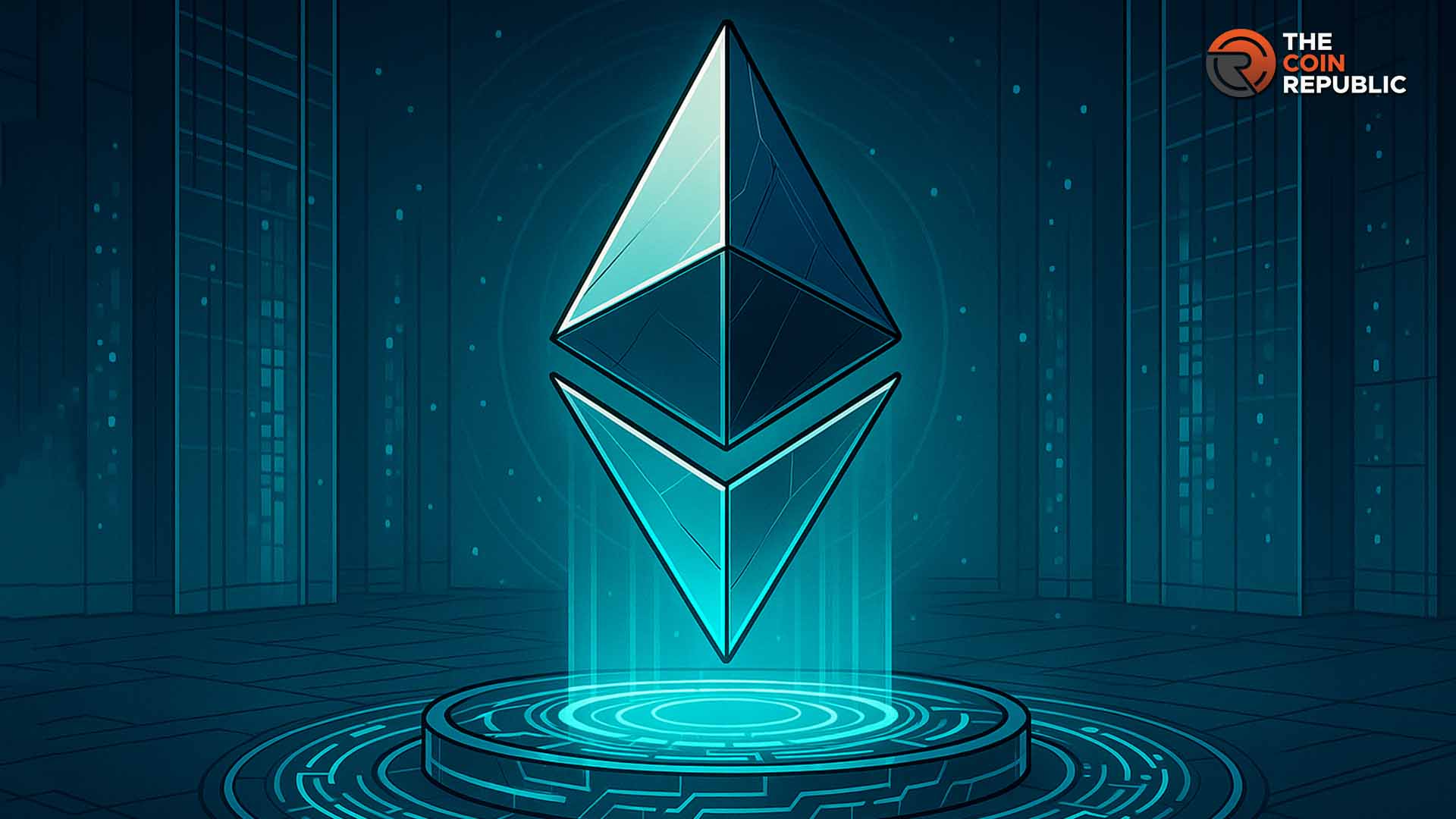Why are Ethereum Network Fees so High?
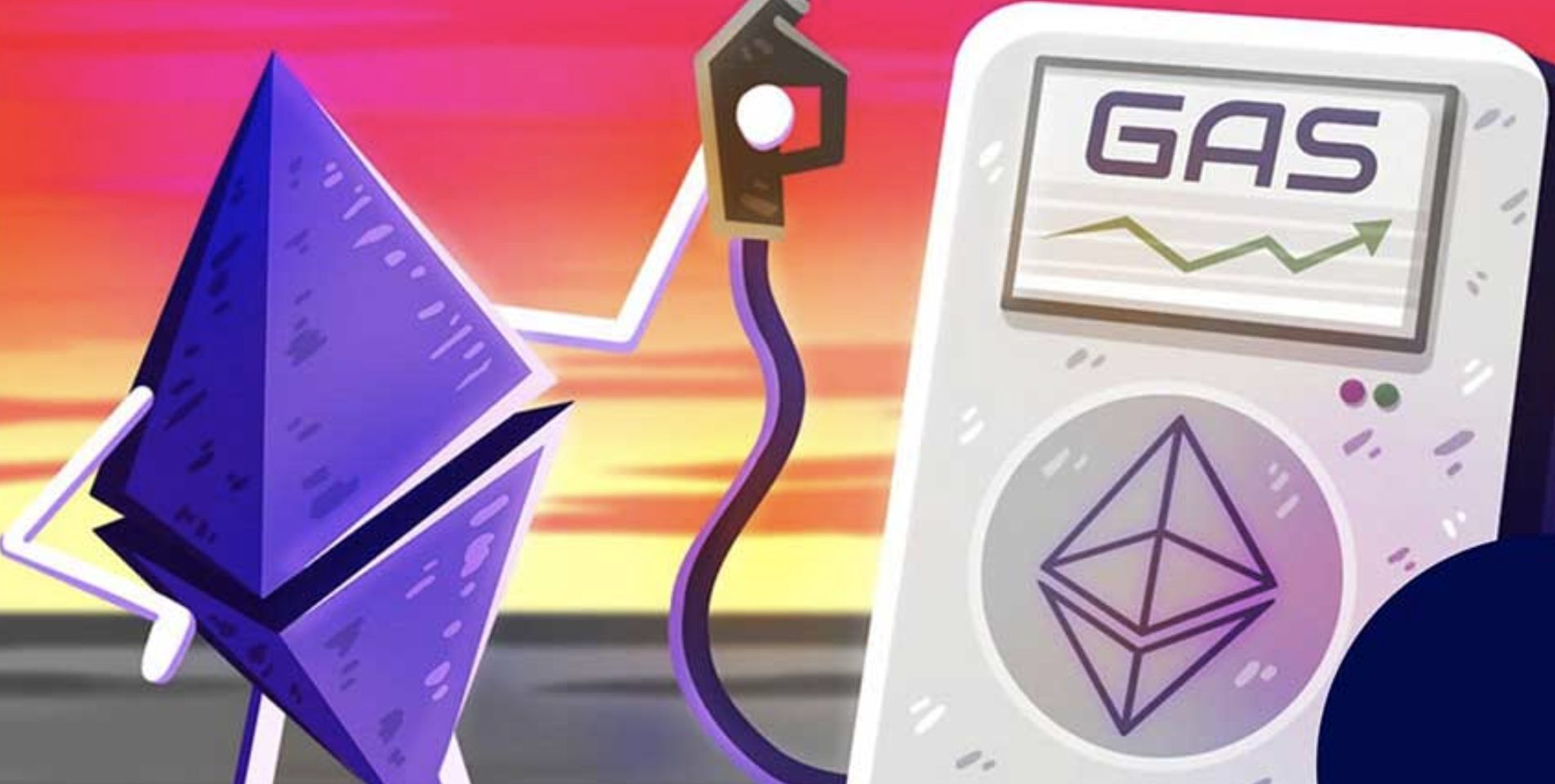
Share:
Why are Ethereum Network Fees so High?: Learn more in this guide
If you have ever found yourself scratching your head, wondering why a minor transaction on the Ethereum blockchain leaves your wallet considerably lighter, then you’re not alone.
With the ever-increasing traffic on the Ethereum blockchain, transaction fees have skyrocketed, leaving many to ponder whether using the network is worth it.
In this article, we will address why Ethereum network fees are so high, explore the factors contributing to these high fees, and provide practical tips on reducing and avoiding them.
So buckle up, because today we will unravel some useful information on Ethereum and its fees!
Also read: Ethereum Is Turning Deflationary, But Price Remains Stagnant
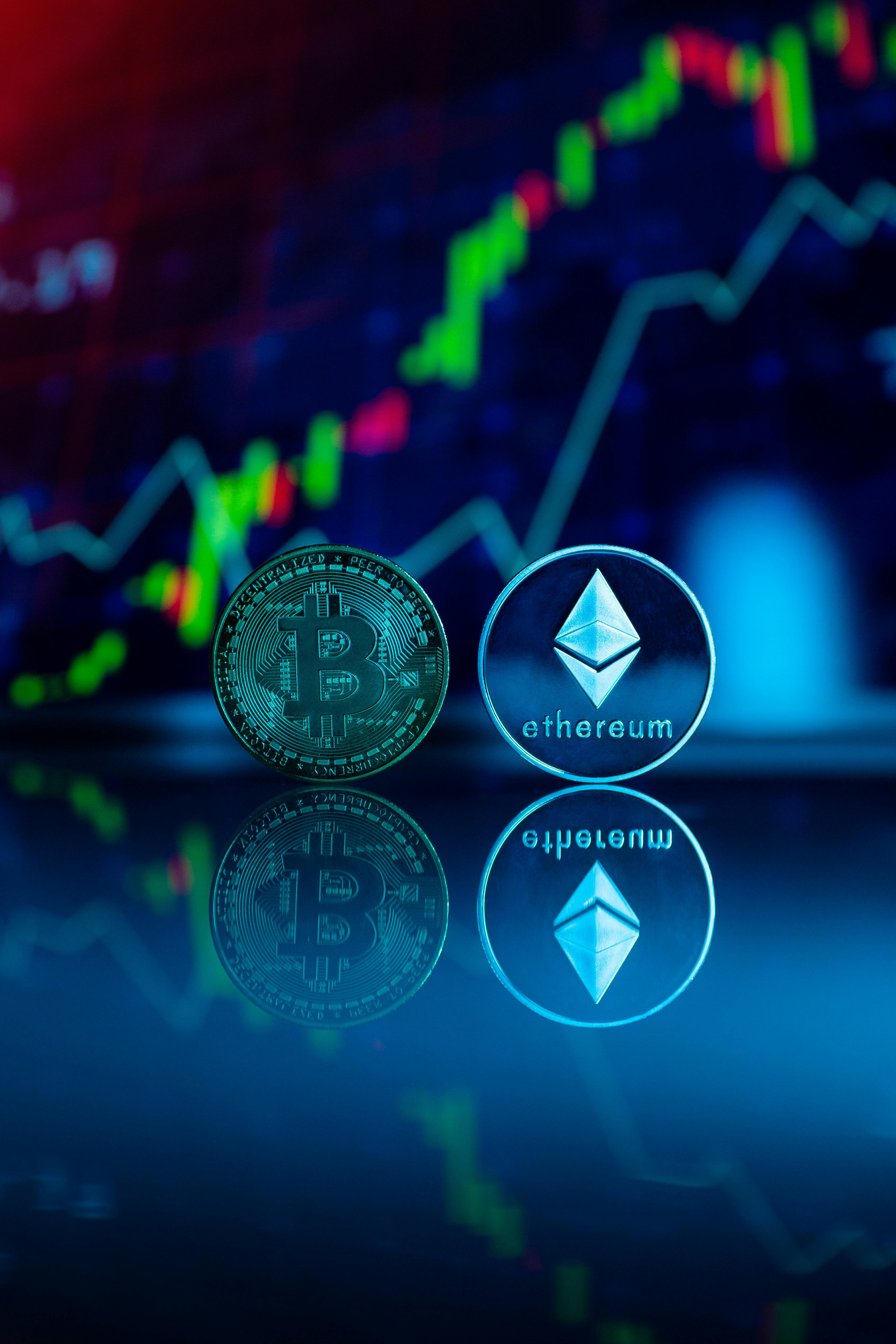
A Quick Look at Ethereum
Ethereum’s debut in cryptocurrency was a turning point for the entire blockchain industry. It was the first blockchain to challenge and match the dominance of the Bitcoin network.
Ethereum is a decentralized platform that allows developers to create, publish, and distribute applications and smart contracts.
With its innovative features and services, and a community-run ecosystem that supports thousands of decentralized applications, it quickly gained popularity among investors and users worldwide.
Perhaps its most notable feature is the ability to deploy smart contracts, which accelerated the development of the crypto industry.
Also read: Ethereum Investors Await Rally as Addresses in Profits Hit Monthly Low
Understanding Ethereum Transaction Fees
Transaction fees, or gas fees, are incurred when executing a transaction on the Ethereum network.
Every network action, whether sending Ether (ETH) or interacting with a smart contract, requires computational power. Miners, who validate transactions and maintain the network, are compensated with gas fees for their efforts.
Gas fees are denominated in Gwei, a tiny fraction of an ETH.
One Gwei is equivalent to 0.000000001 ETH. When you initiate a transaction, you specify a gas limit, the maximum amount of computational work you are willing to pay for.
Additionally, you set a gas price, the amount of Gwei you are willing to pay per unit of gas. The total transaction fee is calculated by multiplying the gas limit by the gas price.
Factors Contributing to High Ethereum Fees
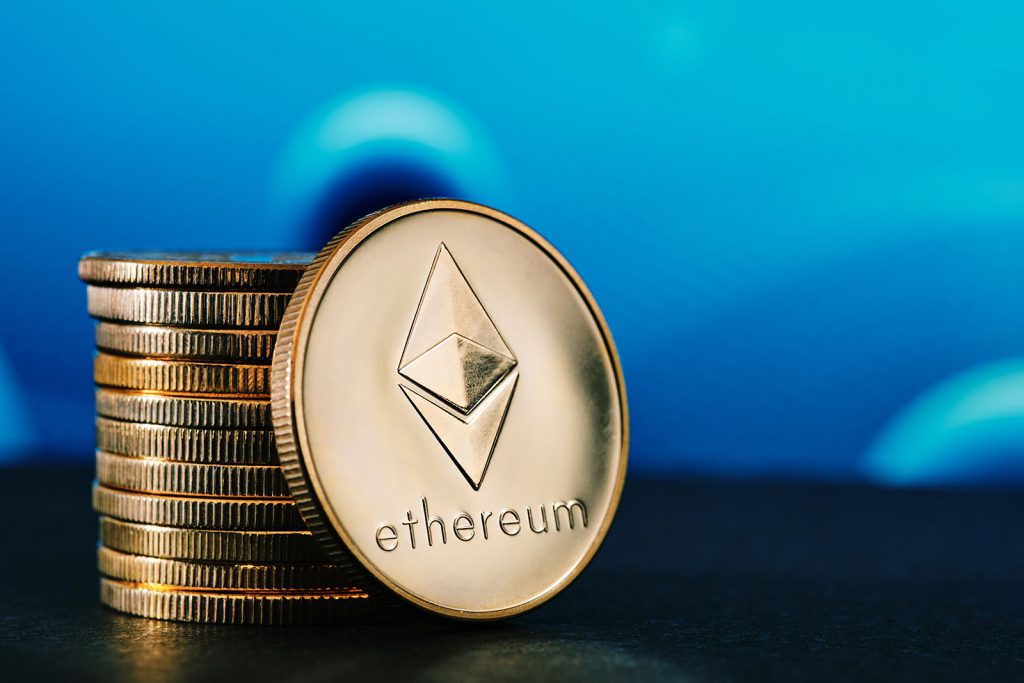
Several factors have contributed to the high fees on the Ethereum network:
1. Network Congestion
As the popularity of Ethereum has soared, the number of transactions on the network has increased dramatically. This surge in demand has led to network congestion, causing delays and driving up transaction fees.
During peak hours, when the network is crowded with users, gas prices tend to skyrocket as users compete to process their transactions.
2. Gas Limit and Gas Price
The gas limit and gas price you set for your transactions can significantly impact the fees you pay. You will pay more for your transactions if you set a high gas limit or a high gas price.
Finding a balance and optimizing these parameters to minimize fees while ensuring your transactions are processed promptly is important.
3. Smart Contract Complexity
The complexity of smart contracts also plays a role in determining transaction fees. More complex smart contracts require more computational resources, resulting in higher gas fees.
As decentralized applications (dApps) and their functionalities become more intricate, the network experiences increased congestion, leading to higher gas prices.
4. Ethereum Network Upgrades
The Ethereum network has undergone several upgrades to improve scalability and address the issue of high fees. One such upgrade is EIP-1559, which introduced a base fee mechanism to make gas prices more predictable and reduce fee volatility.
However, these upgrades take time to implement and may not immediately alleviate the problem of high fees.
How to Reduce and Avoid High Ethereum Fees
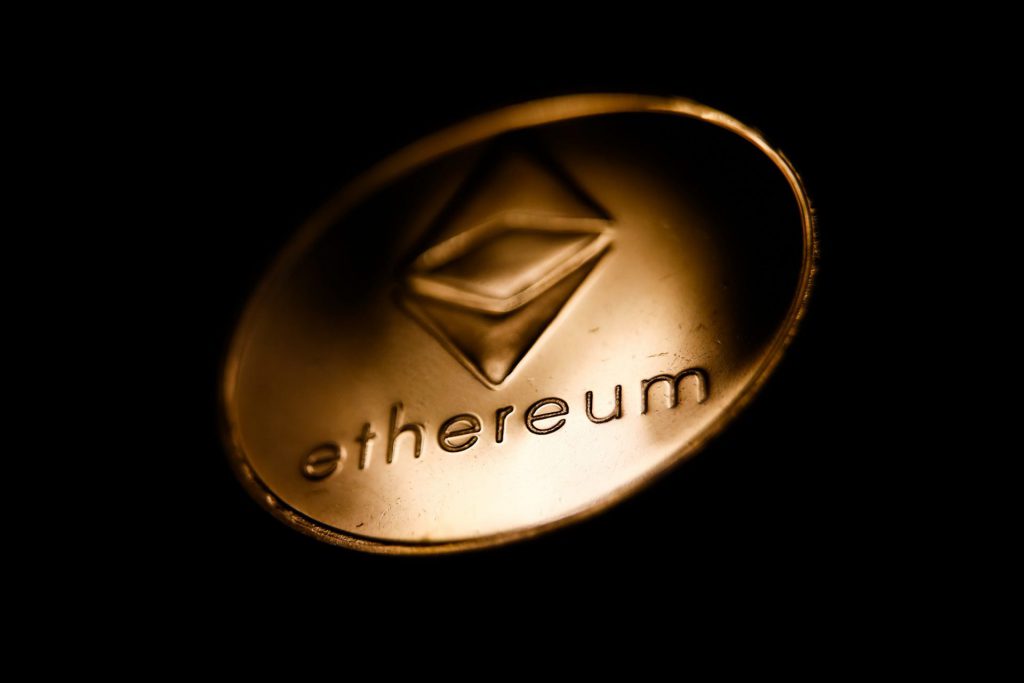
Now that we understand the factors contributing to high Ethereum fees let’s explore some practical tips to reduce and avoid them:
1. Optimize Gas Limit and Gas Price
To minimize transaction fees, optimizing the gas limit and gas price for each transaction is crucial.
To decrease fees, you can set a lower gas limit and gas price, but avoid setting them too low to prevent transaction delays.
Experiment with different values and find the optimal cost and transaction speed balance.
2. Use Layer-2 Scaling Solutions
Layer-2 scaling solutions encompass technologies constructed on the Ethereum network to boost transaction throughput and cut fees.
These solutions, such as Optimistic Rollups and zkSync, process transactions off-chain or more optimally, alleviating the burden on the Ethereum mainnet. By utilizing layer-2 solutions, you can benefit from faster and cheaper transactions.
3. Choose Off-Peak Times
Gas fees tend to be lower during off-peak times with less network congestion.
You can take advantage of lower fees by scheduling your transactions during these periods, such as late at night or on weekends.
Monitoring gas price charts or using tools like Gas Now can help you identify the optimal transaction times.
4. Consider Gas Tokens
Gas tokens, such as CHI or GST2, allow you to pre-purchase gas at a lower price and use it to pay transaction fees in the future.
You can effectively reduce your overall gas costs by acquiring gas tokens when gas prices are low and redeeming them when fees are high.
However, remember that gas tokens might have limitations and some wallets and platforms might not support them.
5. Choose the Priority Fee Option
Some wallets and platforms offer a priority fee option that allows you to pay a slightly higher fee to process your transaction faster. If time is of the essence, opting for a priority fee can ensure your transaction is prioritized by miners and confirmed more quickly.
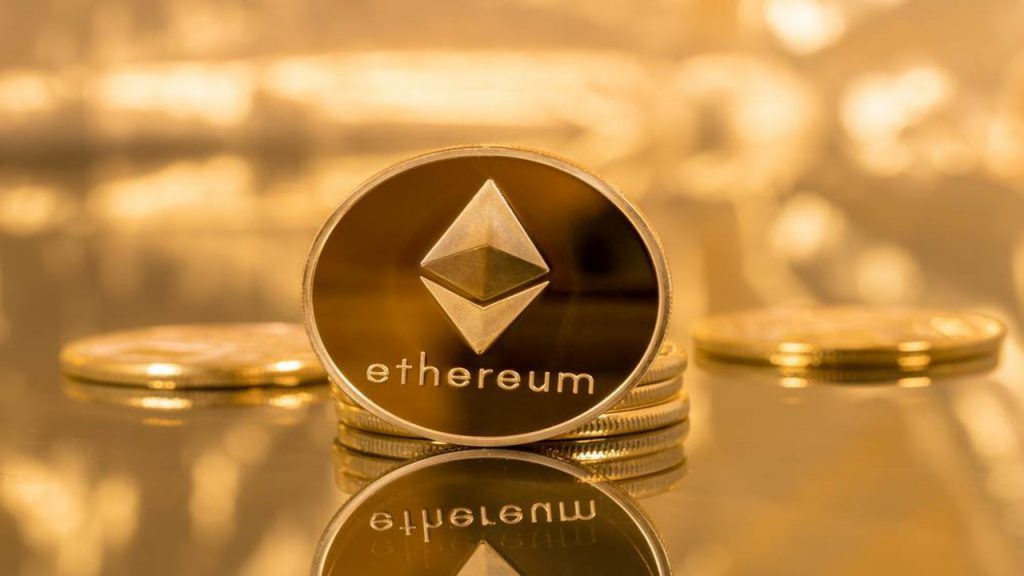
6. Explore Alternative Blockchains
If high Ethereum fees persist or if you require faster and cheaper transactions, consider exploring alternative blockchains.
Blockchains like Binance Smart Chain, Polygon, and Solana offer lower fees and faster transaction speeds.
However, keep in mind that these blockchains may have different functionalities and may not support all Ethereum-based tokens and applications.
7. Stay Informed and Adapt
The Ethereum network keeps evolving, and developers are actively creating new solutions to tackle high fees.
Stay informed about network upgrades, improvements, and emerging technologies that aim to reduce fees. B
y adapting to the changing landscape, you can leverage the latest tools and innovations to minimize your transaction costs.
Conclusion
High Ethereum network fees can be a barrier for users looking to transact on the blockchain. However, by understanding the factors contributing to these fees and implementing the tips mentioned above, you can reduce and avoid high fees on the Ethereum network.
Remember to optimize your gas limit and gas price, explore layer-2 scaling solutions, transact during off-peak times, consider gas tokens, choose priority fees when necessary, explore alternative blockchains, and stay informed about advancements in the Ethereum ecosystem.
With these strategies, you can navigate the world of Ethereum transactions more cost-effectively.
Disclaimer: The information provided in this article is for informational purposes only and should not be considered financial or investment advice. Always do your research and consult with a professional before making any financial decisions.
Why are Ethereum Network Fees so High?

Share:
Why are Ethereum Network Fees so High?: Learn more in this guide
If you have ever found yourself scratching your head, wondering why a minor transaction on the Ethereum blockchain leaves your wallet considerably lighter, then you’re not alone.
With the ever-increasing traffic on the Ethereum blockchain, transaction fees have skyrocketed, leaving many to ponder whether using the network is worth it.
In this article, we will address why Ethereum network fees are so high, explore the factors contributing to these high fees, and provide practical tips on reducing and avoiding them.
So buckle up, because today we will unravel some useful information on Ethereum and its fees!
Also read: Ethereum Is Turning Deflationary, But Price Remains Stagnant

A Quick Look at Ethereum
Ethereum’s debut in cryptocurrency was a turning point for the entire blockchain industry. It was the first blockchain to challenge and match the dominance of the Bitcoin network.
Ethereum is a decentralized platform that allows developers to create, publish, and distribute applications and smart contracts.
With its innovative features and services, and a community-run ecosystem that supports thousands of decentralized applications, it quickly gained popularity among investors and users worldwide.
Perhaps its most notable feature is the ability to deploy smart contracts, which accelerated the development of the crypto industry.
Also read: Ethereum Investors Await Rally as Addresses in Profits Hit Monthly Low
Understanding Ethereum Transaction Fees
Transaction fees, or gas fees, are incurred when executing a transaction on the Ethereum network.
Every network action, whether sending Ether (ETH) or interacting with a smart contract, requires computational power. Miners, who validate transactions and maintain the network, are compensated with gas fees for their efforts.
Gas fees are denominated in Gwei, a tiny fraction of an ETH.
One Gwei is equivalent to 0.000000001 ETH. When you initiate a transaction, you specify a gas limit, the maximum amount of computational work you are willing to pay for.
Additionally, you set a gas price, the amount of Gwei you are willing to pay per unit of gas. The total transaction fee is calculated by multiplying the gas limit by the gas price.
Factors Contributing to High Ethereum Fees

Several factors have contributed to the high fees on the Ethereum network:
1. Network Congestion
As the popularity of Ethereum has soared, the number of transactions on the network has increased dramatically. This surge in demand has led to network congestion, causing delays and driving up transaction fees.
During peak hours, when the network is crowded with users, gas prices tend to skyrocket as users compete to process their transactions.
2. Gas Limit and Gas Price
The gas limit and gas price you set for your transactions can significantly impact the fees you pay. You will pay more for your transactions if you set a high gas limit or a high gas price.
Finding a balance and optimizing these parameters to minimize fees while ensuring your transactions are processed promptly is important.
3. Smart Contract Complexity
The complexity of smart contracts also plays a role in determining transaction fees. More complex smart contracts require more computational resources, resulting in higher gas fees.
As decentralized applications (dApps) and their functionalities become more intricate, the network experiences increased congestion, leading to higher gas prices.
4. Ethereum Network Upgrades
The Ethereum network has undergone several upgrades to improve scalability and address the issue of high fees. One such upgrade is EIP-1559, which introduced a base fee mechanism to make gas prices more predictable and reduce fee volatility.
However, these upgrades take time to implement and may not immediately alleviate the problem of high fees.
How to Reduce and Avoid High Ethereum Fees

Now that we understand the factors contributing to high Ethereum fees let’s explore some practical tips to reduce and avoid them:
1. Optimize Gas Limit and Gas Price
To minimize transaction fees, optimizing the gas limit and gas price for each transaction is crucial.
To decrease fees, you can set a lower gas limit and gas price, but avoid setting them too low to prevent transaction delays.
Experiment with different values and find the optimal cost and transaction speed balance.
2. Use Layer-2 Scaling Solutions
Layer-2 scaling solutions encompass technologies constructed on the Ethereum network to boost transaction throughput and cut fees.
These solutions, such as Optimistic Rollups and zkSync, process transactions off-chain or more optimally, alleviating the burden on the Ethereum mainnet. By utilizing layer-2 solutions, you can benefit from faster and cheaper transactions.
3. Choose Off-Peak Times
Gas fees tend to be lower during off-peak times with less network congestion.
You can take advantage of lower fees by scheduling your transactions during these periods, such as late at night or on weekends.
Monitoring gas price charts or using tools like Gas Now can help you identify the optimal transaction times.
4. Consider Gas Tokens
Gas tokens, such as CHI or GST2, allow you to pre-purchase gas at a lower price and use it to pay transaction fees in the future.
You can effectively reduce your overall gas costs by acquiring gas tokens when gas prices are low and redeeming them when fees are high.
However, remember that gas tokens might have limitations and some wallets and platforms might not support them.
5. Choose the Priority Fee Option
Some wallets and platforms offer a priority fee option that allows you to pay a slightly higher fee to process your transaction faster. If time is of the essence, opting for a priority fee can ensure your transaction is prioritized by miners and confirmed more quickly.

6. Explore Alternative Blockchains
If high Ethereum fees persist or if you require faster and cheaper transactions, consider exploring alternative blockchains.
Blockchains like Binance Smart Chain, Polygon, and Solana offer lower fees and faster transaction speeds.
However, keep in mind that these blockchains may have different functionalities and may not support all Ethereum-based tokens and applications.
7. Stay Informed and Adapt
The Ethereum network keeps evolving, and developers are actively creating new solutions to tackle high fees.
Stay informed about network upgrades, improvements, and emerging technologies that aim to reduce fees. B
y adapting to the changing landscape, you can leverage the latest tools and innovations to minimize your transaction costs.
Conclusion
High Ethereum network fees can be a barrier for users looking to transact on the blockchain. However, by understanding the factors contributing to these fees and implementing the tips mentioned above, you can reduce and avoid high fees on the Ethereum network.
Remember to optimize your gas limit and gas price, explore layer-2 scaling solutions, transact during off-peak times, consider gas tokens, choose priority fees when necessary, explore alternative blockchains, and stay informed about advancements in the Ethereum ecosystem.
With these strategies, you can navigate the world of Ethereum transactions more cost-effectively.
Disclaimer: The information provided in this article is for informational purposes only and should not be considered financial or investment advice. Always do your research and consult with a professional before making any financial decisions.










